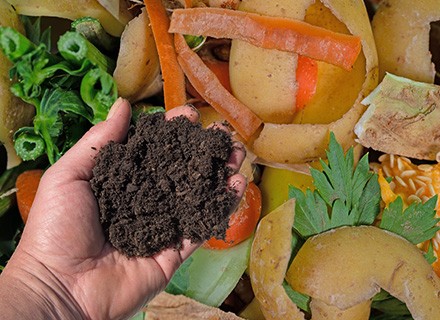The Saudi Investment Recycling Company (SIRC) and the National Agricultural Development Company (NADEC) of Saudi Arabia have signed an agreement to recycle 400,000 tonnes of biowaste annually.
According to a statement from the Riyadh-based NADEC, the purpose of the initiative with SIRC, which is owned by the Public Investment Fund (PIF), is to protect the environment.
Biowaste is referred to as waste that can decompose anaerobically, which includes food waste, yard trash, paper, and cardboard.
According to the NADEC statement, under the one-year MOU, both sides want to explore biowaste recycling in order to contribute towards environmental protection, with the goal of processing 400,000 tonnes of biowaste each year to make organic fertilizer.
According to a blog published by the United Nations (UN) Development Programme, food waste forms 40% to 51% of all waste in the kingdom. The country produces around 53 million tonnes of biowaste every year.
The National Center for Waste Management in Saudi Arabia estimates that the environmental damage caused by solid waste in 2022 was $1.3 billion. Majorly three large cities account for over half of the total biowaste produced: 21% from Riyadh, 14% from Jeddah, and 8% from Dammam.
In Saudi Arabia, the majority of landfills are about to fill up. Saudi Arabians use single-use plastics and other disposable items frequently, and recycling is limited. The majority of municipal waste is disposed of, untreated, in landfills, while some are burned. After the dump sites are filled with waste, the land cannot be used for other purposes. In Saudi Arabia, landfills are usually not engineered to limit harmful effects.
According to the former CEO of the Saudi Investment Recycling Company, the majority of the nation’s waste is being landfilled at an average cost of $1.87 per tonne. By 2030, the Saudi government intends to divert 60% of construction and demolition waste from landfills.

